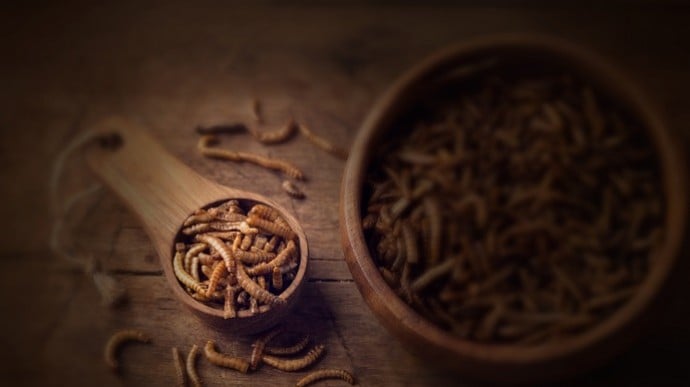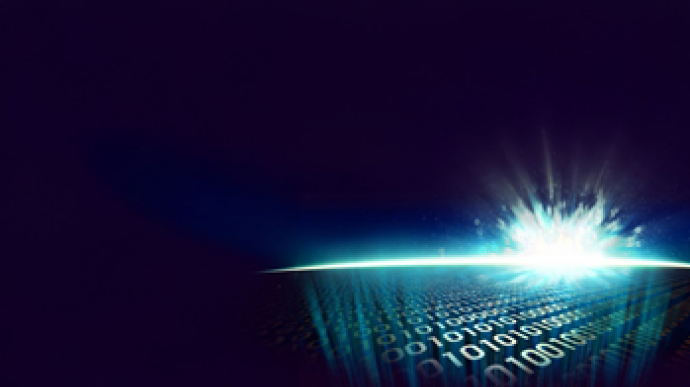A number of conditions in dogs, such as arthritis or obesity, may be aggravated by, or may show slow or no improvement as a result of weight bearing exercise. An example of one such condition is hip dysplasia, which is most common in medium to large purebred dogs, such as German Shepherds, Labradors or Golden Retrievers. Correct pre-, as well as post-operative care and the effective treatment of other painful chronic conditions in animals, is also crucial to a successful recovery process, which may sometimes be difficult to manage through conventional rehabilitation procedures, especially when the animal in question is weak, overweight or in extreme pain.
Water has long been known to be highly effective in assisting with spinal and orthopaedic recovery as the buoyancy supports the patient and reduces impact on painful joints, while offering resistance to build and maintain muscle mass. The Faculty of Veterinary Science at the University of Pretoria offers a rehabilitation service that helps animals immobilised by injury, disease or post-operative restrictions to regain as much mobility as possible. The Onderstepoort Animal Rehabilitation Service (OARS) offers intensive, one-on-one treatment for small animals that have undergone orthopaedic and neurological surgery, as well as animals with other conditions that cause pain and restrict mobility. The service works mainly with dogs that have had spinal surgery or other orthopaedic and neurological interventions, as well as geriatric dogs suffering from arthritis. The treatments available at the OARS can also help obese animals to lose weight by means of controlled cardiovascular training.
The OARS has modern facilities including a pool designed specifically for hydrotherapy, as well as a hydro-treadmill and spa bath. The hydro-treadmill is excellent for weak patients as they can derive all the benefits of walking without any negative impact on their joints and is also an invaluable tool for the treatment of dogs that have had spinal surgery and need to learn how to walk again. Staff also use other equipment, such as exercise balls to strengthen the core muscles of animals, which are extremely important in the support of the spine and limbs.
OARS has had numerous success stories of patients that initially seemed as if they would never regain mobility. The staff’s commitment and ability to ‘read’ their patients, has ensured time and again that by the end of a treatment series, the patient was more mobile and had a better quality of life.
January 1, 2015
 Story
Story
Cricket à la king? How about a yellow mealworm burger? Foods that may previously have evoked a ‘yuck’ response are now firmly on the menu. Research into edible insects by the Department of Zoology and Entomology at the University of Pretoria (UP) is exploring how to rear and harvest this food of the future.
 Story
Story
Generative artificial intelligence (GenAI) is changing how we work, play and relax. Whether you use ChatGPT to write a brief, Midjourney to generate visuals or MuseNet to create unique soundtracks, these technologies have opened up opportunities for richer content.
 Story
Story
A single query to ChatGPT uses as much electricity as burning a light bulb for about 20 minutes. Multiply that by the millions of requests that this artificial intelligence (AI) chatbot receives each day, and the environmental impact is ominous.
Copyright © University of Pretoria 2025. All rights reserved.
Get Social With Us
Download the UP Mobile App